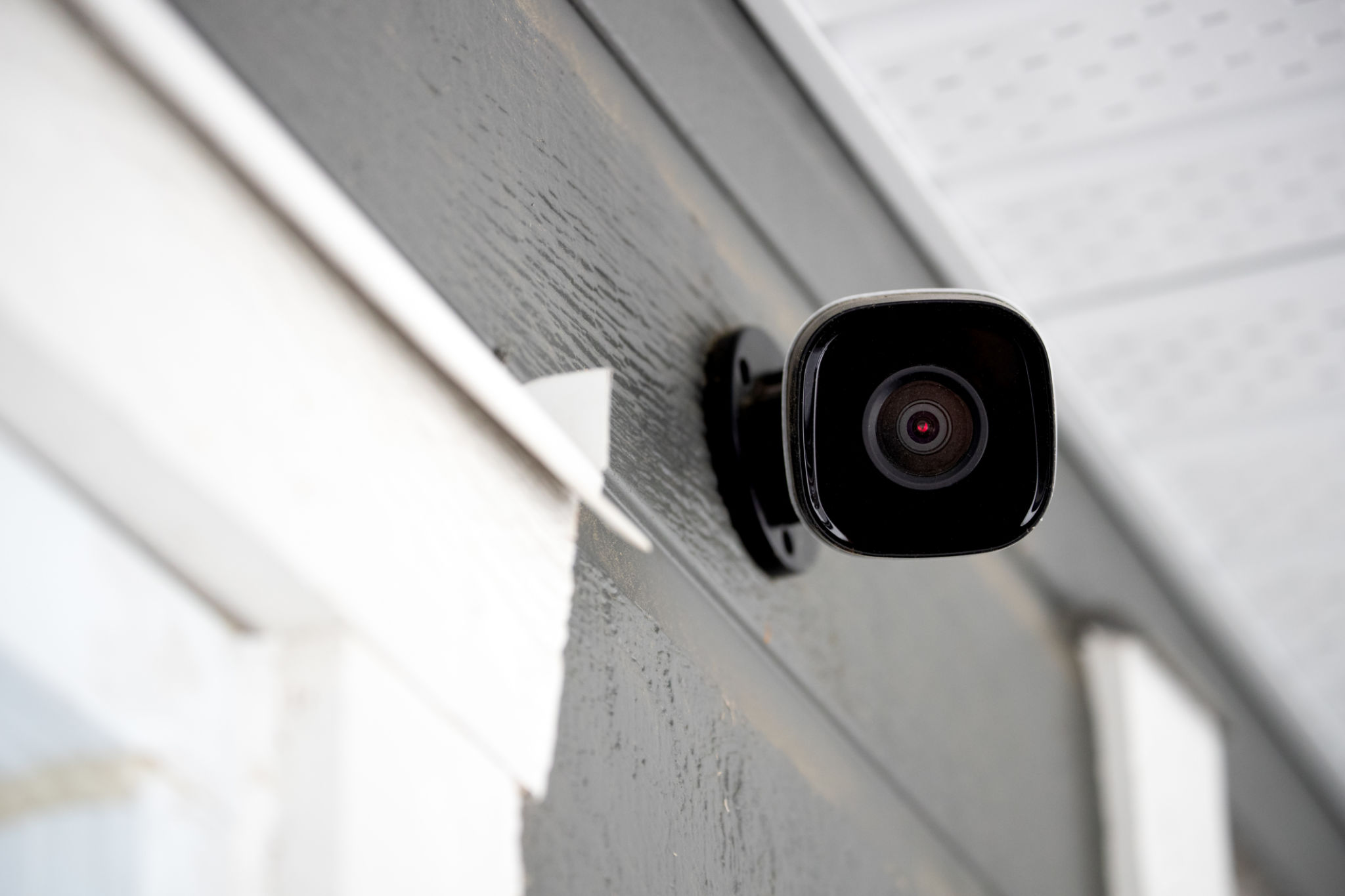Smart Home Integration Construction Trends You Can't Ignore
The Rise of Smart Home Integration
The advancement of technology has ushered in a new era of living, where homes are increasingly becoming smarter. This trend is evident in the construction industry, where integrating smart home systems is no longer a luxury but a necessity. As more homeowners seek convenience, efficiency, and enhanced security, smart home integration is becoming a key component of modern construction projects.
Smart home integration involves the incorporation of intelligent systems into residential structures, allowing homeowners to control various aspects of their home environment through connected devices. These systems can include lighting, heating, cooling, security, and entertainment, all accessible through a smartphone or voice commands.

Energy Efficiency and Sustainability
One of the most significant benefits of smart home integration is its potential to enhance energy efficiency. Smart thermostats, for example, can learn a homeowner's schedule and adjust temperatures accordingly, reducing unnecessary energy consumption. Similarly, smart lighting systems can be programmed to turn off when rooms are unoccupied, further conserving energy.
Moreover, integrating renewable energy sources, such as solar panels, with smart home technology allows for better management and optimization of energy use. Homeowners can monitor their energy consumption in real-time and make adjustments to minimize their carbon footprint, aligning with the growing trend toward sustainability.
Security Innovations
Security is a top priority for most homeowners, and smart home integration offers innovative solutions to enhance safety. Advanced security systems can include smart locks, surveillance cameras, and motion detectors that provide real-time alerts on a homeowner's smartphone. This level of connectivity ensures that homeowners can monitor and control their home security from anywhere in the world.

Customization and Personalization
Another trend gaining traction is the ability to customize and personalize smart home systems to suit individual preferences. Homeowners can choose from a range of devices and systems that align with their lifestyle and needs. Whether it's setting mood lighting for different times of the day or automating household chores with smart appliances, the possibilities are endless.
Integration platforms allow for seamless communication between different systems, providing a unified control interface. This means that all smart devices within a home can be easily managed from one centralized app or device, simplifying the user experience.
The Future of Smart Homes
The future of smart home integration looks promising as technology continues to evolve. We can expect to see even more advanced systems that incorporate artificial intelligence and machine learning to further enhance automation and efficiency. Voice-activated assistants and smart speakers are becoming more sophisticated, offering deeper integration with various devices and services.

As construction trends continue to embrace smart technology, it's clear that the homes of tomorrow will be more connected than ever before. Builders and developers who incorporate these trends into their projects will not only meet the demands of modern consumers but also set new standards in residential construction.
Conclusion
In conclusion, smart home integration is reshaping the construction industry by offering innovative solutions that enhance comfort, security, and sustainability. As these technologies become more accessible and affordable, they will undoubtedly play an integral role in how homes are designed and built moving forward. Embracing these trends is crucial for staying relevant in a rapidly changing market.